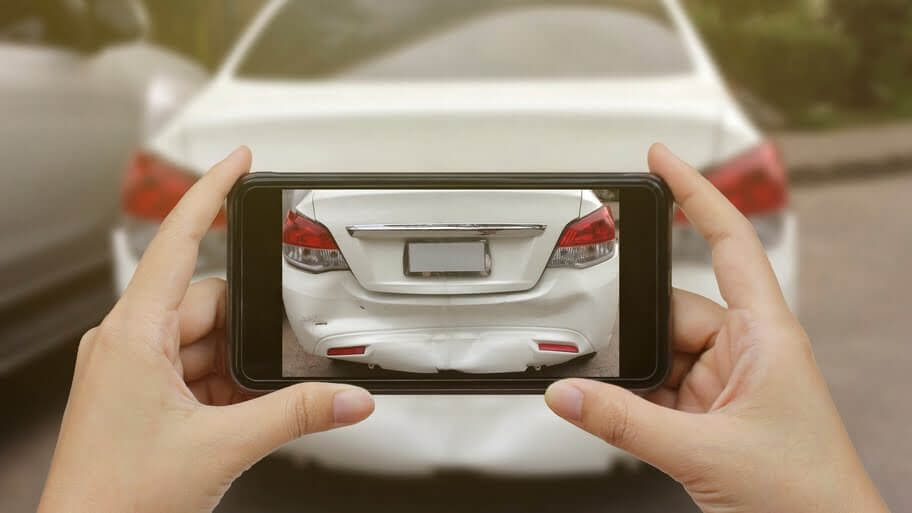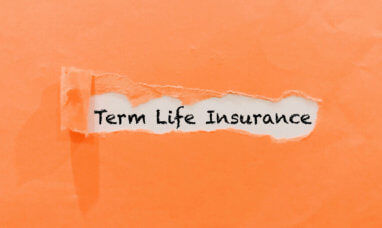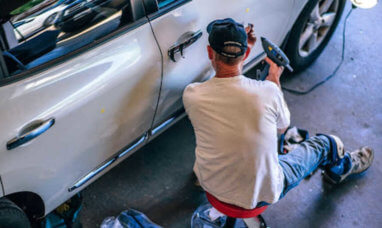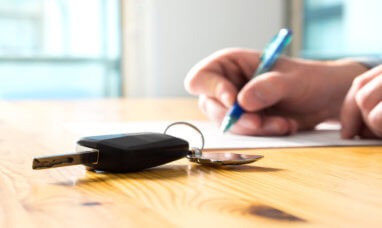Almost everyone has car insurance, but you may be wondering: what exactly does car insurance cover?
Car insurance is auto coverage that protects drivers financially in case of accidents, car damage, and loss. Car insurance can help cover your car’s repair costs and your medical bills when you get into an accident.
However, the type of car insurance you purchase and your preferred limits determine how much your policy pays. Continue reading to learn about the various coverage options available to you.
How Car Insurance Works
First, you have to select the most appropriate coverage for your needs, which includes policy limits for injuries and car damage. Please note that there is a limit for each coverage, and the higher the limit, the more expensive your car insurance will be. But, on the brighter side, you have less financial responsibility in case of an accident.
Also, you must declare to your insurance company any modification you make to your car before signing the policy. And, you have to be honest about it.
What’s the Minimum Required Car Insurance Coverage?
What are the minimums for car insurance in your state? The requirements vary from state to state, but these main coverage types will remain constant, and you’ll generally be required to purchase them.
-
-
- Liability insurance
- PIP or personal injury protection
- MedPay or medical payment
- Uninsured and underinsured motorist coverage
-
Types of Car Insurance Coverage
There are many different types of car insurance coverage. Your car insurance will include several of these different types of coverage. Here are the main types of auto coverage and how they work:
Liability Coverage
If you get into an accident and you’re at fault, liability coverage will pay all the bills for injuries, deaths, or property damage. This type of car insurance coverage is required in every state in the US except for two: Virginia and New Hampshire.
There are two types of liability coverage: bodily injury and property damage liabilities.
-
-
-
- Bodily Injury: pays for another driver’s bills related to injuries or death from an accident that you caused.
- Property Damage: pays for all the damages you caused to other drivers’ cars or property.
-
-
Remember that all these expenses will be paid only up to your car insurance limit. You will be responsible for any costs that go beyond this limit. You should consider setting high liability limits since a car accident can cause a significant amount of damage.
PIP and MedPay
Regardless of who caused the accident, these two forms of coverage will apply to your medical bills and those of your passengers after an accident.
PIP, also called no-fault insurance coverage, can sometimes pay for lost wages, child care, and funeral costs resulting from the accident.
Uninsured and Underinsured Motorist Coverage
When you get hit by an uninsured driver, the uninsured motorist coverage will pay for all incurred costs. On the other hand, if you get hit by a driver with minimal coverage, the underinsured motorist coverage will save the day.
There is a minimum amount of uninsured and underinsured motorist coverage required in some states in the US. Even if you live in a state that doesn’t require it by law, you should consider getting this type of insurance.
Collision and Comprehensive Coverage
In most cases, collision and comprehensive coverage work together, protecting your car against damage or theft. The coverage can either pay for the repair costs after an accident or refund you for the true value of your vehicle if it is stolen.
Neither the collision coverage nor the comprehensive coverage are required by law. However, when you loan or lease your car, your contract may require it.
-
-
-
- Collision coverage: pays for damage caused to your car regardless of who caused it. It doesn’t matter whether it’s direct or accidental damage. However, this coverage will not pay for any injury or damage caused to other drivers.
- Comprehensive coverage: pays for the damage caused to your car by uncontrollable events like fire, extreme weather, and falling objects. It also refunds you if your car has been stolen.
-
-
One type of comprehensive coverage is the zero depreciation car insurance policies, but with an ad on cover.
So, what does zero depreciation car insurance mean? It means that you’re free from paying your car’s depreciation costs during a car insurance claim. The insurance company will not deduct depreciation; thus, you receive more money.
Gap Insurance
With this type of coverage, the insurance company only pays for the car’s actual value after theft or an accident that rendered it a total loss. The actual value is the difference between the car’s initial value and depreciation.
If you lease or loan your car, gap insurance only pays you the difference you get from deducting your lease or loan balance from the car’s actual value.
Car Totaled No Gap Insurance
If your car is totaled, but you still owe your lender some money, the insurance company will only pay the lender your car’s value. This means that you remain with no gap insurance; hence you pay the remaining balance from your pocket.
Other Coverage Options
You may want to consider buying extra coverage to complement your car insurance policy. The types of insurance you can add-on include:
-
-
-
- Roadside Assistance: This will cover you if your car breaks down, leaving you stranded on the road.
- Rental Reimbursement: This coverage will pay for a rental car while your car is being repaired.
- New Car Replacement: If your car is totaled, the new car replacement coverage will replace the car with another of the same make or model.
-
-
Get Car Insurance
Car insurance protects your savings from the unexpected costs that arise after an accident. You may face expensive medical bills and auto repair charges. You can even be sued for personal injury. With insurance, all of that will be covered. For your peace of mind and to protect yourself financially, get car insurance.
Frequently Asked Questions
Do You Have to Report Modifications on Your Car Insurance Application?
Yes. Making any modification to your car can change its value or increase its chances of getting into an accident. This is why car insurance companies insist that you inform them in advance of any modifications.
Declaring modifications in a car insurance application may lead to expensive premiums. But you’ll be at peace knowing that your car is fully protected and all your future claims will be valid.
What Should You Do if Your Car Insurance Lapses?
If your car insurance lapses, you must get another car insurance policy. You will lose benefits such as your no-claim bonus from the lapsed car insurance policy.
Can Disqualified Drivers Get Car Insurance?
Disqualified drivers can get temporary insurance for their cars, but only to protect their cars against damage if they are storing them on the road. Do your research to find the right car insurance for disqualified drivers.
Featured Image: Twenty20








